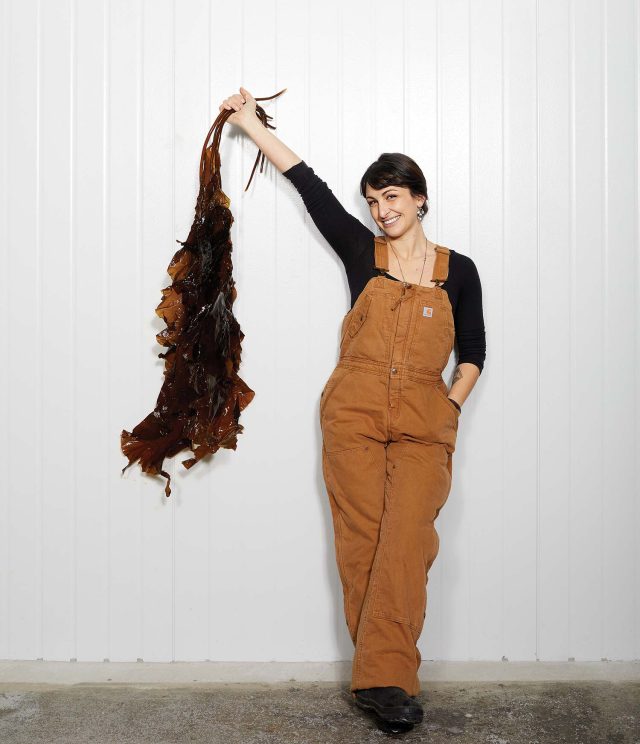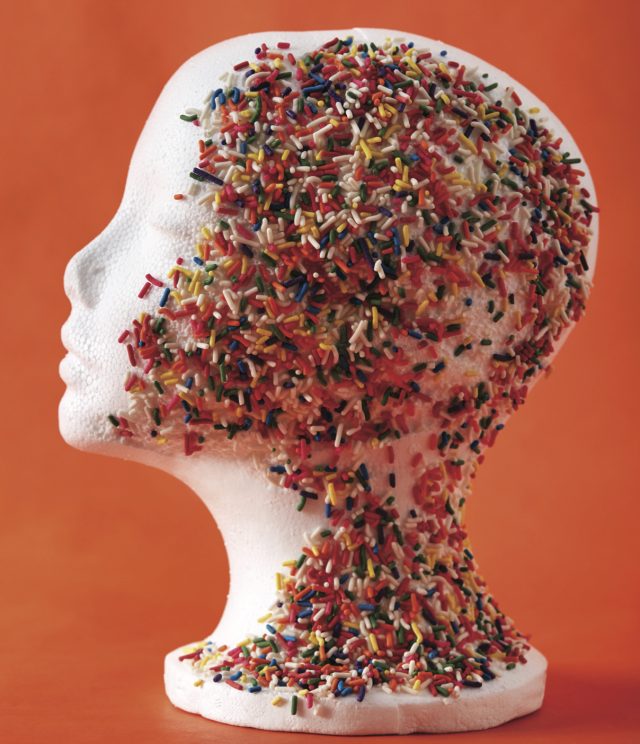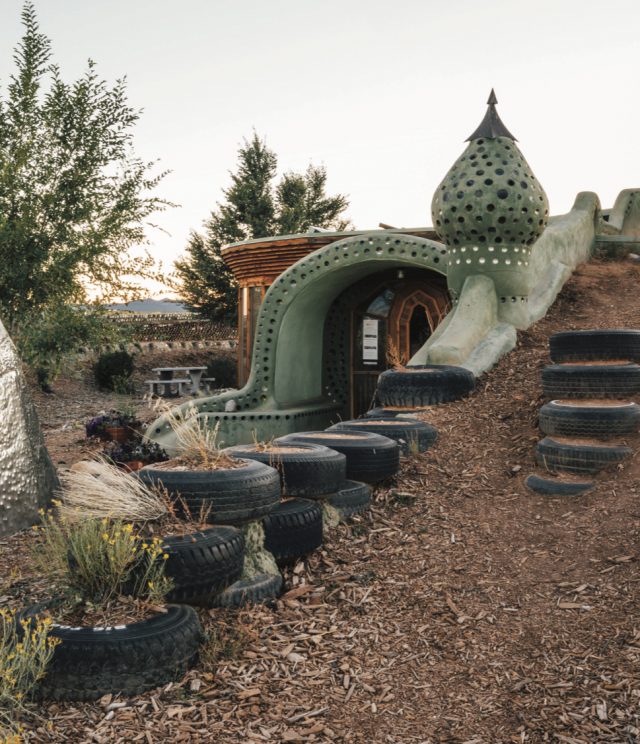 Photographs by Armando Rafael // Food Styling by Corey Belle // Prop Styling by Danny Seo // Recipes by Natural Gourmet Institute
Photographs by Armando Rafael // Food Styling by Corey Belle // Prop Styling by Danny Seo // Recipes by Natural Gourmet Institute We’ll say it…there is no beverage more steeped in history than tea. And it’s currently having a major moment. The head-scratching variety available is matched only by the countless ways to consume it. Do you prefer green or black? A rare oolong, perhaps? Or is a fizzy glass of kombucha more your, er, cup of tea? No matter how you take it, tea packs a health wallop—deliciously, we might add.
Turns out there are a lot of body benefits in each cup. The drink is loaded with antioxidants, which naturally combat the aging process at a cellular level. It’s also full of phytochemicals, which are believed to help reduce the risk of heart disease and cancer. Other studies suggest that habitual tea drinkers have stronger bones, a faster metabolism, and boosted brain activity.
And as good as tea is for the body, it may be even better for the soul.

Secrets Of The Perfect Cup
Five easy steps to mastering the “steep” learning curve
1. Consider the water
“The quality of the water will affect the taste of the tea,” says Chas Kroll, executive director of the International Tea Masters Association. He recommends using spring water, but if that’s not possible, filtered tap water is a good option.
2. Boil schmoil
Most of us learned to take water to a rolling boil and dunk the bags in immediately, but, says Kroll, it’s actually unnecessary. “It essentially cooks the tea, which causes more tannins and caffeine to be released,” he says.
3. Watch those “eyes”
If you don’t have a thermometer-equipped kettle, just pay attention to the bubbles that form as the water heats. “When the bubbles start to stream upward and get larger, the Chinese refer to those as ‘fish eyes,’” says Kroll. For at-home brewers, that signals the water temperature is ideal—around 175 degrees.
4. Be a clock watcher
Steep your tea for only as long as directed. More steeping time doesn’t lead to a better-tasting brew.
5. Stay in the moment
To get the most out of tea, take your time. “Developing a process for making tea tends to create a meditative state,” Kroll says. “You’re focused on the quality of the tea and the steps involved in preparing it before you even taste it.”









